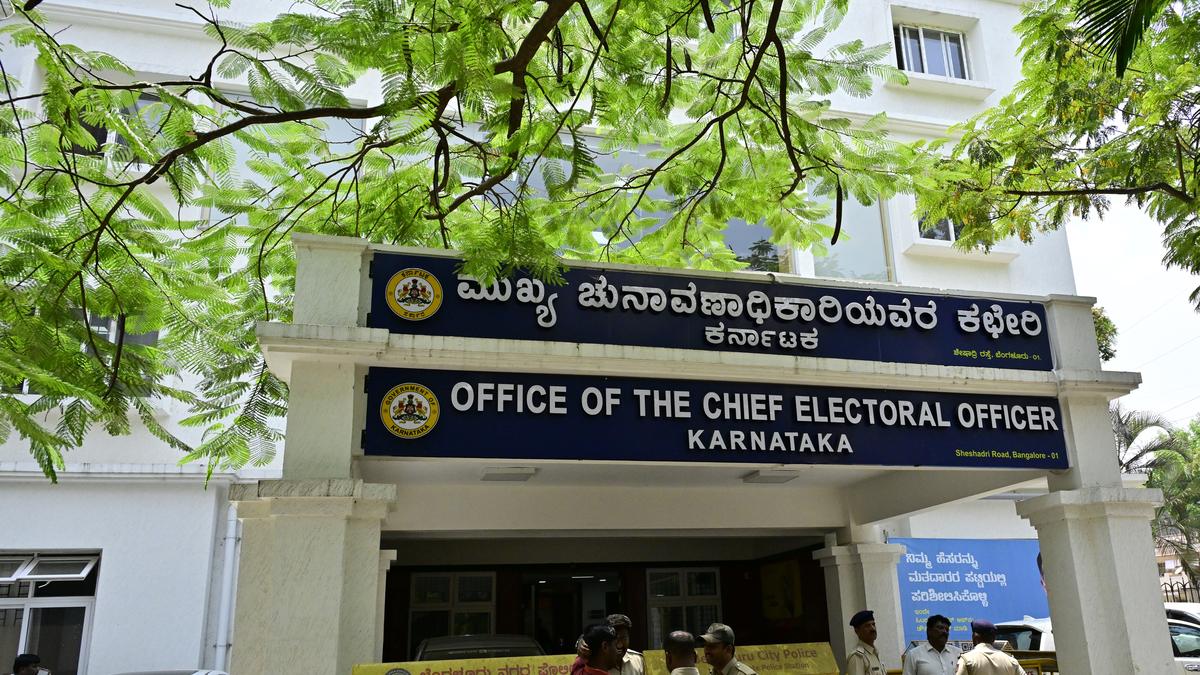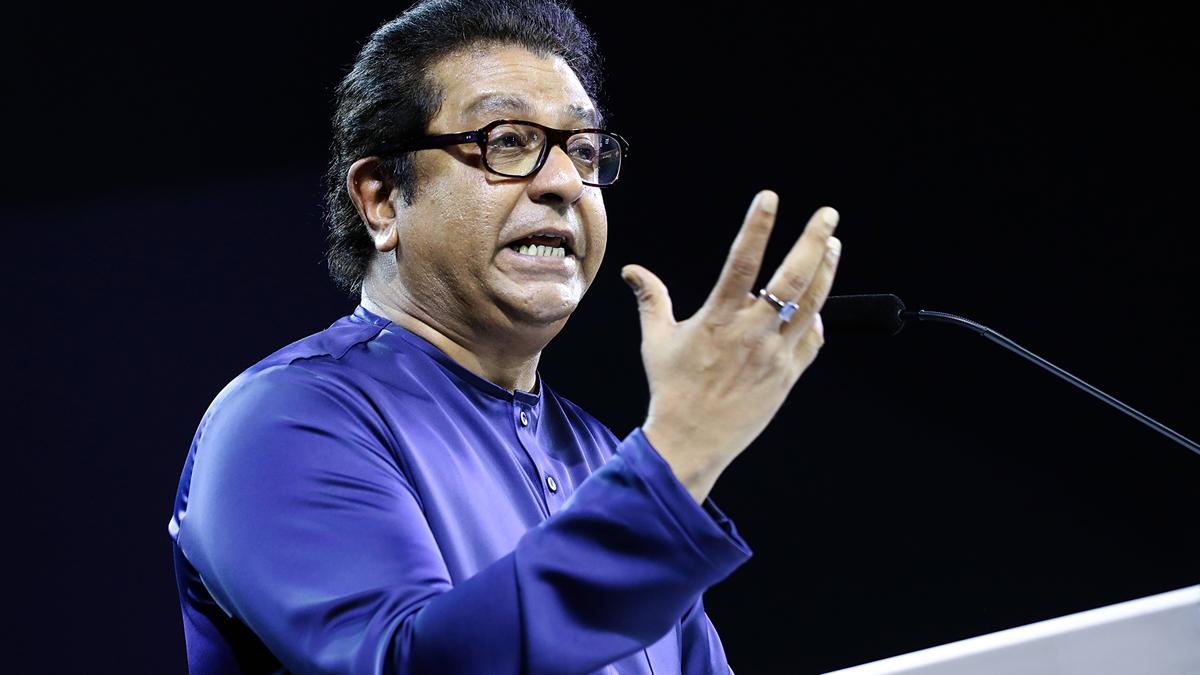Now Reading: Election Commission Set to Launch SIR in Karnataka Post-Sept 25
-
01
Election Commission Set to Launch SIR in Karnataka Post-Sept 25
Election Commission Set to Launch SIR in Karnataka Post-Sept 25

Quick Summary
- Special Intensive Revision (SIR) of Electoral Rolls: The Election Commission of India (ECI) plans to launch a Special Intensive Revision (SIR) of voter lists in Karnataka after September 25, for the frist time since 2002.
- Objective: SIR will aim to remove dead,migrated,and duplicate voters from the electoral rolls,expected to increase voting percentages in urban centers like bengaluru. Current voter count estimated at 5.5 crore compared to 3.5 crore in 2002.
- Process Details: Updating through Forms 6, 7, and 8 will be frozen during the exercise; completion anticipated within three months post-launch. Training for approximately 58,000 Block-Level Officers (BLOs) completed by September 23.
- Enhanced Honorarium for BLOs: BLO honorariums increased from ₹6,000 to ₹12,000 alongside an additional ₹6,000 specifically allocated for SIR tasks-totaling ₹18,000 per officer covering polling booths wiht voter numbers capped at around 1,200 each by january 2026.
- political party Coordination: ECI has sought cooperation and requested political parties appoint booth-level workers to assist the process while uploading old rolls from 2002 online for openness.
- Preparation Measures: Applications currently being processed swiftly ahead of roll freezing; government advised against transferring involved officials during SIR.
Indian Opinion Analysis
the Election Commission’s decision to undertake a comprehensive revision of Karnataka’s electoral rolls after two decades highlights its commitment toward enhancing electoral integrity and resolving long-standing issues like dead or duplicate entries on voter lists. Bengaluru’s notably low voting percentage compared with state averages may see advancement if urban centers reduce discrepancies through this process.
By allocating financial resources effectively-raising honorarium payments-and mobilizing trained personnel across polling booths statewide despite logistical challenges such as varied booth sizes or application backlogs due before freezing periods-the groundwork indicates high priority placed on balancing inclusivity with credible data management.
Still neutral toward political entities’ roles but active soliciting their logistical cooperation signals readiness fostering broader alignment around fair election visibility essential democratic ethos purity maintained beyond routine updates akin legacy resetting benchmark via online archival records dating generations sufficing minimum transparency accountability threshold underscoring reform emphasis power integrity renewal impasse strived operations premier ladder-national narrative contextulating effort surpass broader template uniform cascading implement reflections deliberate limits sufficed minimization repetition further inertia clerical deal closure procedural terminal finer approximations populace stakeholder-striven grid effectuated exactitudes techniques recalibration modular frame-loop outcomesltf-endержuctor
























